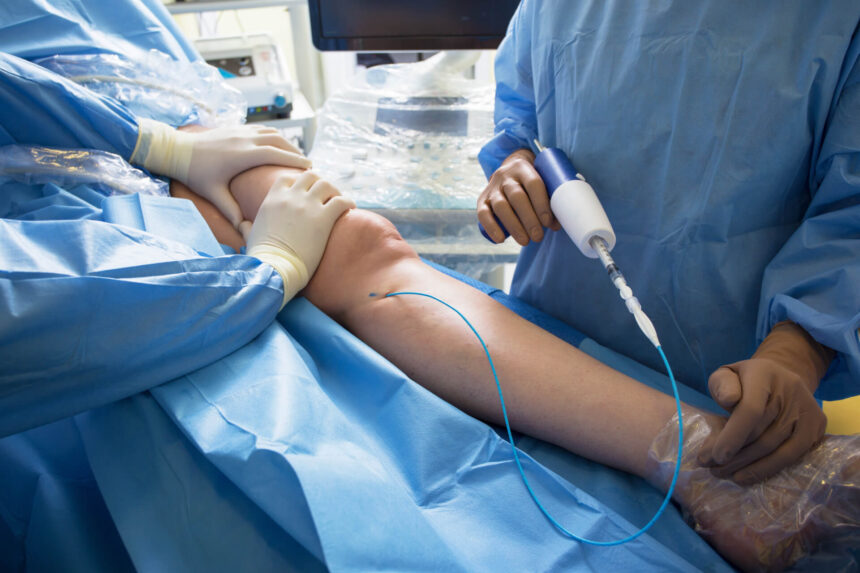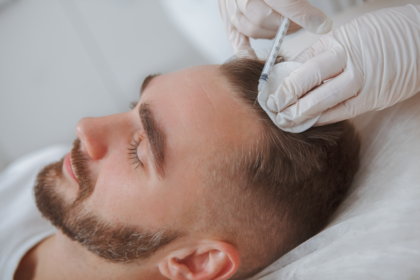Vascular surgeons specialize in conditions affecting the veins and arteries, making them a primary resource for varicose vein treatment. Varicose veins occur when veins become enlarged, twisted, or weakened, often leading to discomfort, swelling, or visible bulging. While cosmetic concerns may motivate some patients to seek care, medical evaluation helps make sure that underlying vascular issues are addressed. Vascular surgeons assess the severity of vein problems, determine whether circulation is affected, and recommend safe, effective treatment options. Early consultation helps prevent complications such as skin changes, ulcers, or chronic pain. Patients benefit from professional guidance that combines symptom relief with long-term vascular health. Understanding the available procedures allows patients to make informed decisions about their care.
How Do Vascular Surgeons Diagnose Varicose Veins?
Diagnosis begins with a thorough evaluation of medical history and a physical examination. Vascular surgeons observe vein appearance, check for tenderness or swelling, and assess blood flow in the legs. Ultrasound imaging is commonly used to provide a detailed view of vein structure and function. This non-invasive test helps identify reflux, blockages, or other abnormalities that contribute to varicose veins. Understanding the underlying causes allows the surgeon to recommend the most appropriate interventions. Accurate diagnosis is key to effective treatment and can prevent the condition from worsening.
What Procedures Are Available for Varicose Veins?
Vascular surgeons offer a range of procedures to address varicose veins, depending on severity and patient needs. Minimally invasive techniques, such as endovenous laser therapy or radiofrequency ablation, close affected veins and redirect blood flow to healthier veins. Sclerotherapy involves injecting a solution that collapses the problematic vein.
In more severe cases, surgical options like vein ligation or phlebectomy may be considered to remove damaged veins. Each procedure focuses on reducing symptoms, improving appearance, and promoting overall leg health. Surgeons tailor treatments to the patient’s unique anatomy and medical history. Post-procedure guidance, including compression therapy and activity recommendations, supports recovery and long-term results.
How Can Lifestyle Choices Support Vein Health?
In addition to professional treatments, lifestyle choices can help maintain vein health and reduce the risk of recurrence. Regular exercise encourages blood flow in the legs and strengthens vascular function. Elevating the legs periodically can relieve pressure and swelling. Wearing compression stockings may provide additional support, especially during long periods of standing or sitting. Maintaining a healthy weight reduces stress on leg veins, while a balanced diet supports overall vascular wellness. Avoiding prolonged immobility and taking breaks to move during the day can further protect vein health. By combining professional procedures with lifestyle practices, patients can maximize results and enjoy lasting comfort and appearance.
Explore Treatment Options With a Vascular Surgeon
Varicose veins can affect both appearance and comfort, but treatment options are available through skilled vascular surgeons. From minimally invasive procedures to surgical approaches, patients can find solutions that relieve symptoms and promote long-term vein health. Complementing medical care with supportive lifestyle choices enhances results and prevents recurrence. If varicose veins cause discomfort or concern, consulting a vascular surgeon is the first step toward relief. Schedule an appointment today to discuss treatment options and take control of your vascular health.









